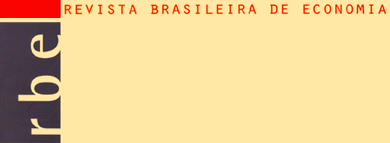Abstract
We add to the literature on financial system and development by proposing an empirical exercise to better understand the channels through which credit drivers are able to promote economic growth. We estimate an extended version of Barro-style growth panel regression in difference. We measure the individual impact of household credit, enterprise credit and government credit on the Brazilian cross-state GDP growth from 2003 to 2017, controlling for exports, imports, years of schooling, government capital and current expenditures. We find that Brazilian cross-state growth depends more on the evolution of household credit than on credit to firms. We claim that we need to study the behavior of this insolvent economic growth driver, regardless of the benefits due to household credit. We highlight the negative role played by government credit to GDP given by the significant elasticity of −0.87.
Keywords
Credit; trade; government spending; growth

 Data source: IBGE.
Data source: IBGE.
 Data source: IBGE, Central Bank of Brazil and Secretary of National Treasury.
Data source: IBGE, Central Bank of Brazil and Secretary of National Treasury.
 Data source: IBGE, Central Bank of Brazil and Secretary of National Treasury.
Data source: IBGE, Central Bank of Brazil and Secretary of National Treasury.
 Data source: IBGE, Central Bank of Brazil and Secretary of National Treasury.
Data source: IBGE, Central Bank of Brazil and Secretary of National Treasury.